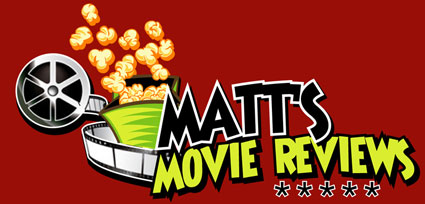Under the direction of J.J. Abrams, Star Wars: Episode VII - The Force Awakens triumphantly re-establishes the pure communal spirit and visual ingenuity of the original Star Wars classics, while also successfully establishing new elements to drive the storied franchise forward.
In the religion of pop culture, Star Wars is the mega-church on top of a mountain that presides over all. Built on the ground-breaking success of its original trinity, sorry, trilogy - Star Wars (1977), Empire Strikes Back (1980), and Return of the Jedi (1983) – this franchise created and fostered by George Lucas turned into a movement, with its followers able to recite scene and dialogue with religious fervour. Hell, in the last Australian census some 65,000 people described their religion as “Jedi”!
Yet despite the constant failings of a once infallible Pope George Lucas (of note the controversial remaster of the original films and the subsequent prequels), the Star Wars congregation kept the faith and have now found their prayers answered by director/producer/pop-culture czar J.J. Abrams, who delivers upon weighty expectations with Star Wars: Episode VII - The Force Awakens, a brilliantly entertaining sci-fi pop-culture opus that successfully throwbacks to the cherished original trilogy while establishing a new chapter in this iconic film series.
Plot wise, the film is set 30 years after the events of Return of the Jedi, where a new threat known as The First Order has emerged from the ashes of the Galactic Empire with its sights set on ruling the galaxy.
It is up to the assemblage of scavenger Rey (Daisy Ridley); reformed Stormtrooper, Finn (John Boyega); rogue smuggler Han Solo (Harrison Ford); and resistance fighter Poe Dameron (Oscar Isaac) to stop The First Order and their mysterious commander Kylo Ren (Adam Driver), while also seeking the whereabouts of Jedi master Luke Skywalker (Mark Hammill.)
With a budget of $200 million, …The Force Awakens is every bit as impressive as a Star Wars movie should be, and made even more so by Abrams decision to be as practical as possible in its effects work. Cinematography (Daniel Mindel), production design (Rick Carter and Darren Golford), and especially editing (Maryann Brandon and Mary Jo Markey), are expertly handled to create a sleek, smooth, and masterfully paced sci-fi adventure, buoyed by John Williams’ immortal score that merges classical compositions of old with sure to be classic compositions from the now.
Performances too are of high quality. Daisy Ridley and John Boyega bring a lively spirit as the films main protagonists, Oscar Isaac adds a heroic cool to the proceedings, and Adam Driver is a dark and brooding mess of perpetual rage. Even Harrison Ford tones down the grumpiness in his successful reintroduction as one of cinemas greatest heroes in Han Solo.
The biggest star of …The Force Awakens is Abrams himself, who understood that a great Star Wars movie is not only about the whiz-bang external stuff, but also about the soul in its classic riff on the eternal struggle between the sides of light and dark (good vs evil) and the jubilant, infectious spirit of its adventure.
The failure of George Lucas’ overstuffed and charmless prequels very much served as how not to make a Star Wars movie. Abrams, along with screenwriters Lawrence Kasdan (of Empire Strikes Back fame) and Michael Arndt, successfully taps the formula of success with the intelligence, know-how and zeal that made Abrams the man who also salvaged the Mission Impossible and Star Trek franchises from their own doldrums.
When Abrams first signed on to direct …The Force Awakens many questioned his mettle (no doubt even Abrams himself), yet succeeds he does, with Star Wars: Episode VII - The Force Awakens reawakening that belief in a galaxy far, far away.
|
